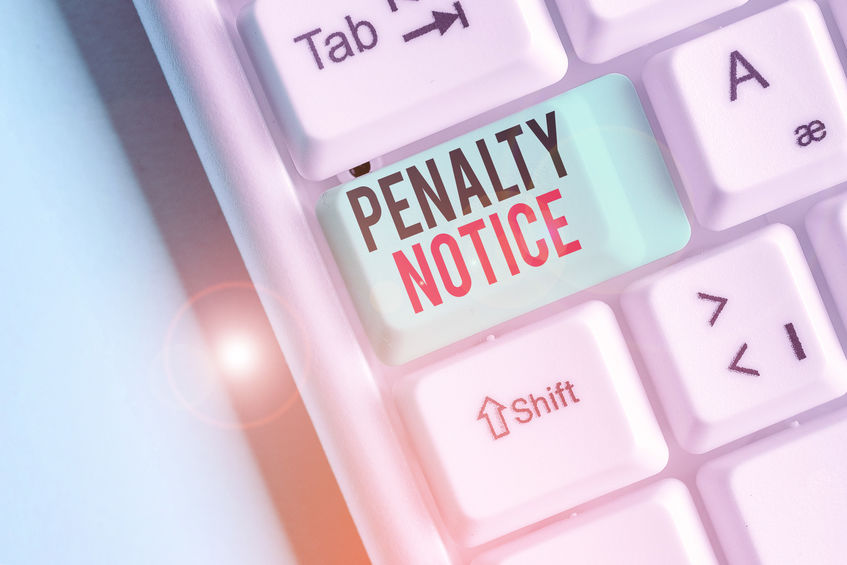The current account with the BV is an ongoing hot topic tax wise. In this article we explain a court case about how not to use the current account.
Current account with the BV – court case
A shareholder held 100% of the shares of a BV company. This BV company had an annual income in the year 2015 of EUR 91.625 and in 2016 of EUR 89.334. Even though the BV company had income, the shareholder did not pay himself as salary nor a dividend. The shareholder simply took money out of the BV. A current account relation was assumed. No current account contract was made. Such a contract contains interest rate, repayment schedule and collateral.
Since 2011 the BV was used as cash cow so the balance of the current account was in 2016 EUR 1.677.984. In our office we refer to such a number as: a problem.

Current account with the BV – ex officio assessment
The Dutch tax office invited the shareholder for the years to file an income tax return. A request he denied, or followed up very much too late. In the end the tax office taxed him ex officio for EUR 95.000 dividend income in 2015 and EUR 91.265 dividend income in 2016. These assessments were increased with 50% penalty.
An ex officio assessment often has the intended effect. As in this case. The shareholder appealed the assessments and penalties.
Court case verdict
The court ruled that the funds of the current account were only used for costs of life. Could never be repaid. No current account agreement was made. The shareholder had not enough equity in private to settle the current account. So the ex officio assessment with the penalties issued by the Dutch tax office were legitimate.
The year 2023
In 2023 this shareholder will have a serious issue. Rules have then been changed. From that moment onwards you can have a loan with your BV company for the purchase of the private home that is the main residence of the shareholder. Any other loan is maxed at EUR 500.000. The excess is regarded a dividend payment and dividend withholding tax is charged.
Tax-is-exciting
The current account and the applicable salary requirements go hand in hand. In a BV relation the shareholder needs to take out a salary that is not less than 75% of the salary of a person in a similar situation that does not have shares in the company. Becauseduring the year it shows, by the increase current account debt, that the salary is not enough. The salary should have been increased.
That is how you do it, that is how you avoid the above situation. Then again, if a person is deaf to rules, regulations, tax return invitations. There is little there can be done and nothing to get excited about.
Sorry for the dashes in the middle of the word tax-is-exciting. Apparently Google has a dirty mind and sees only a three letter word that we refer to when we practice to reproduce ourselves. Anything related to that word is spam, hence this devout solution.





